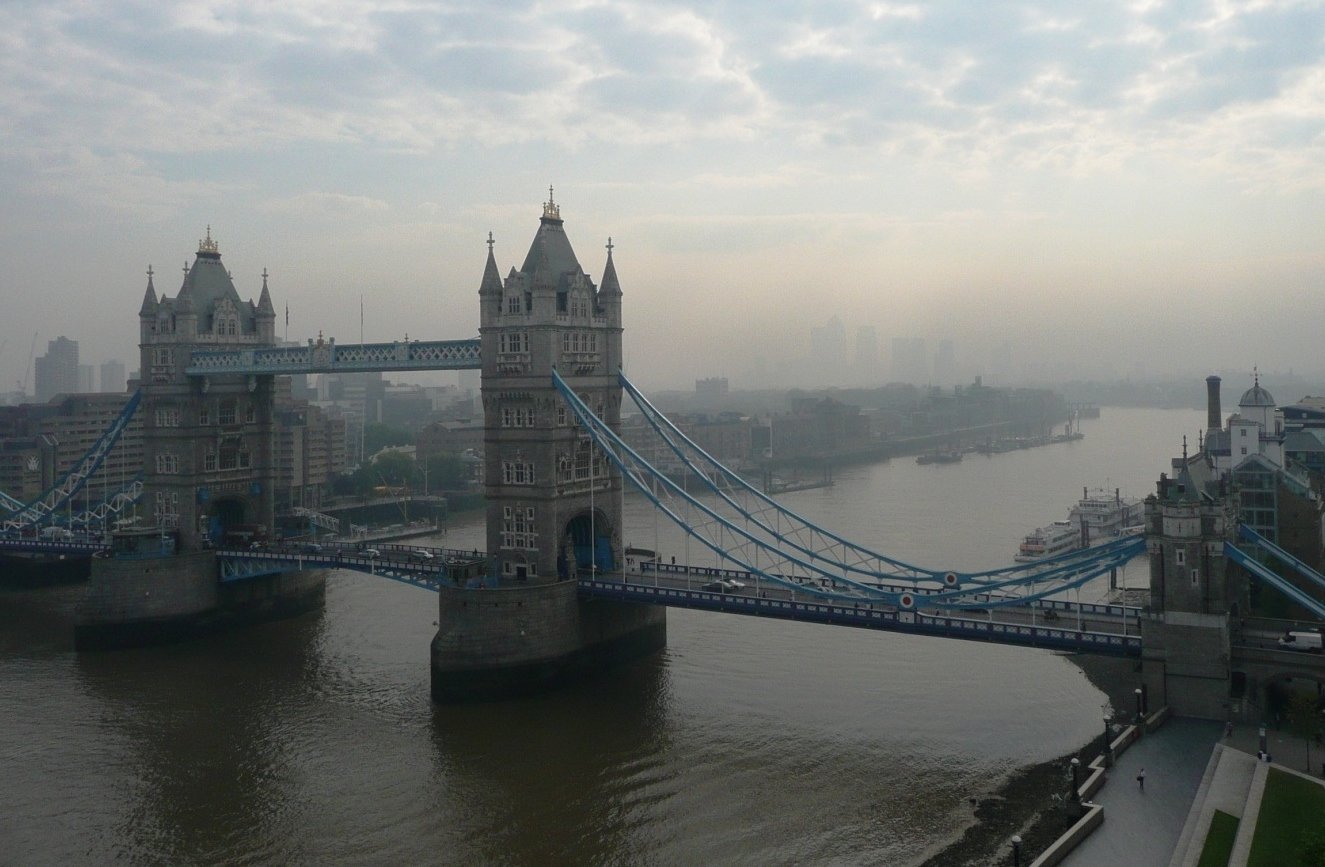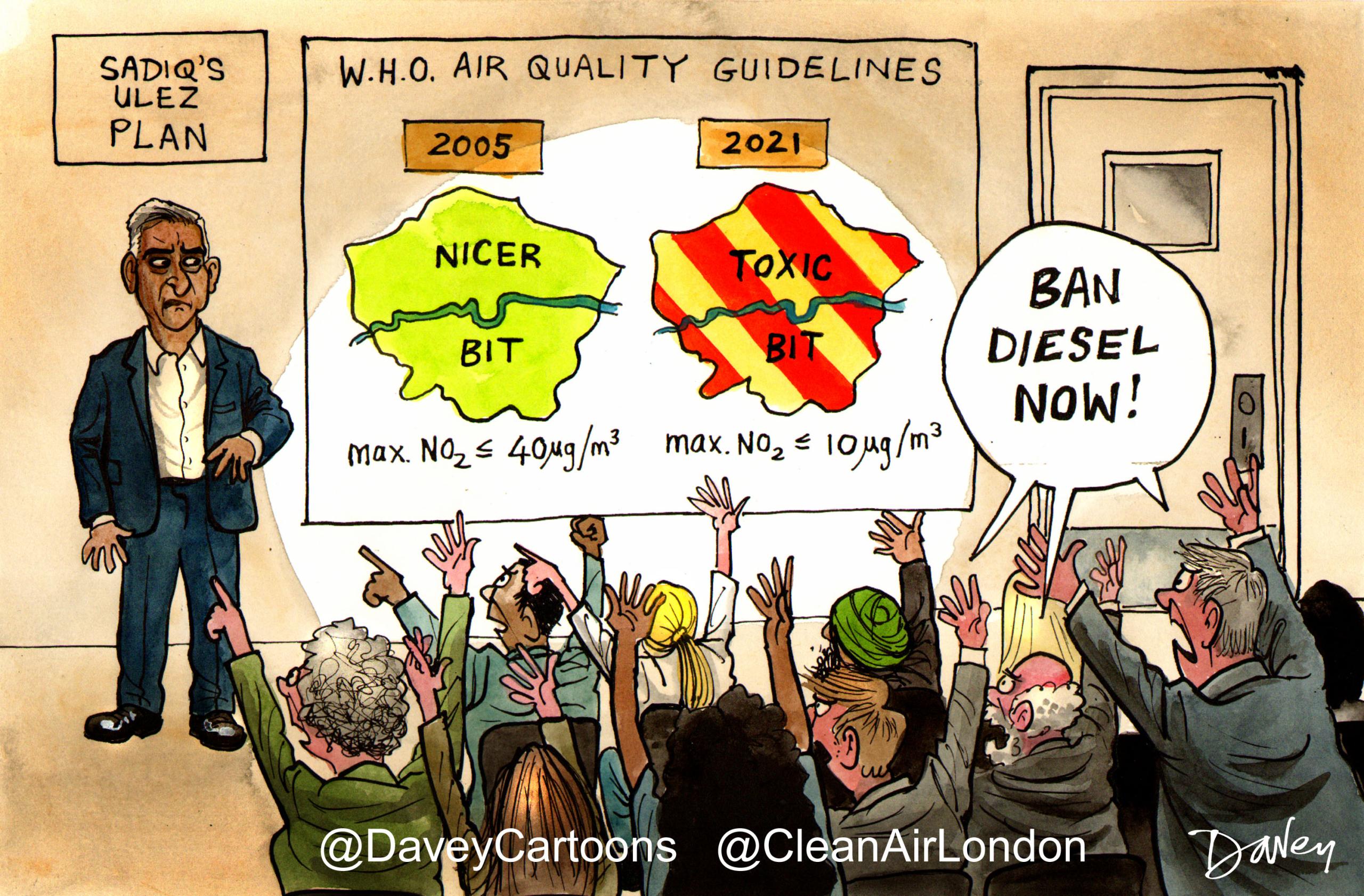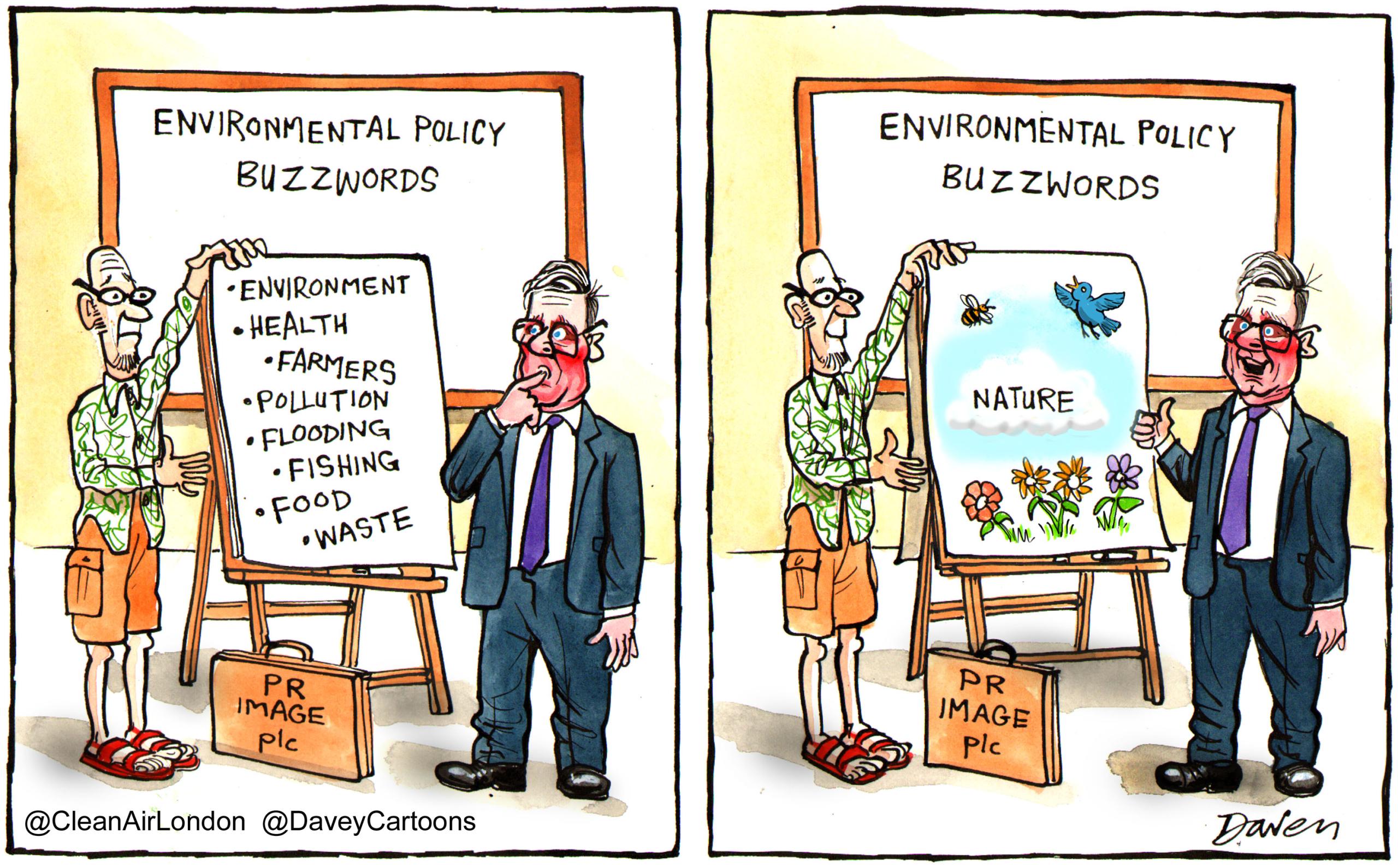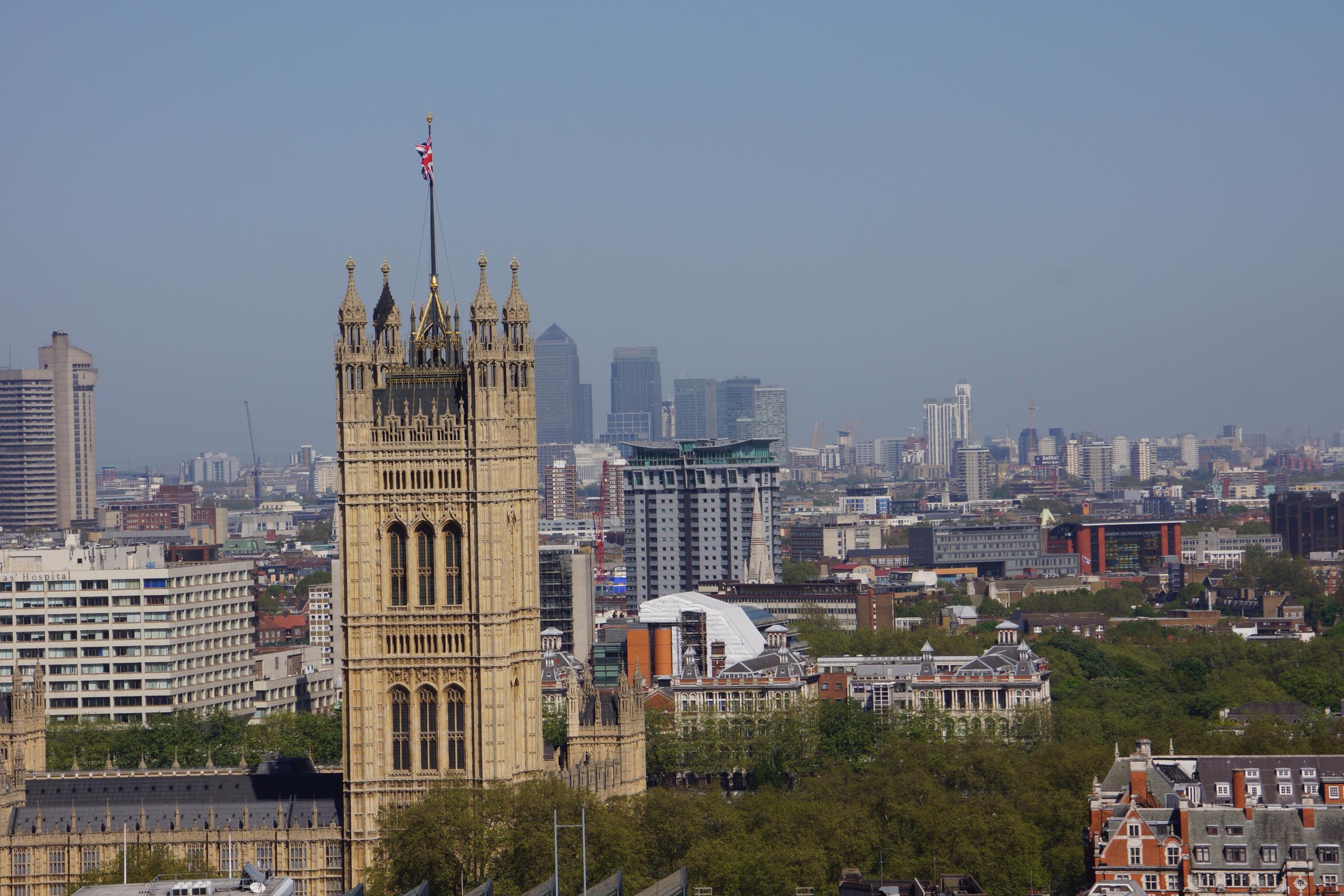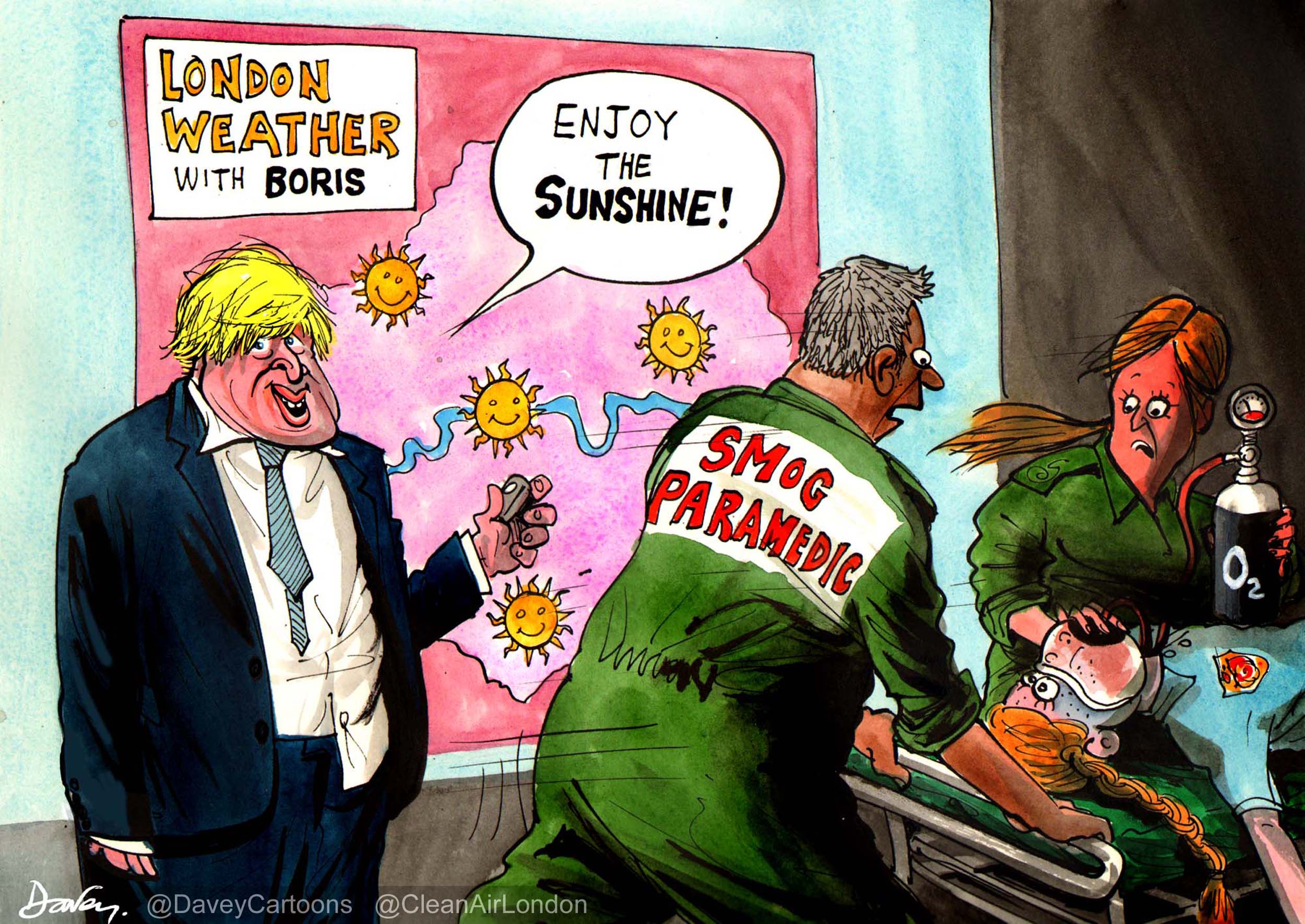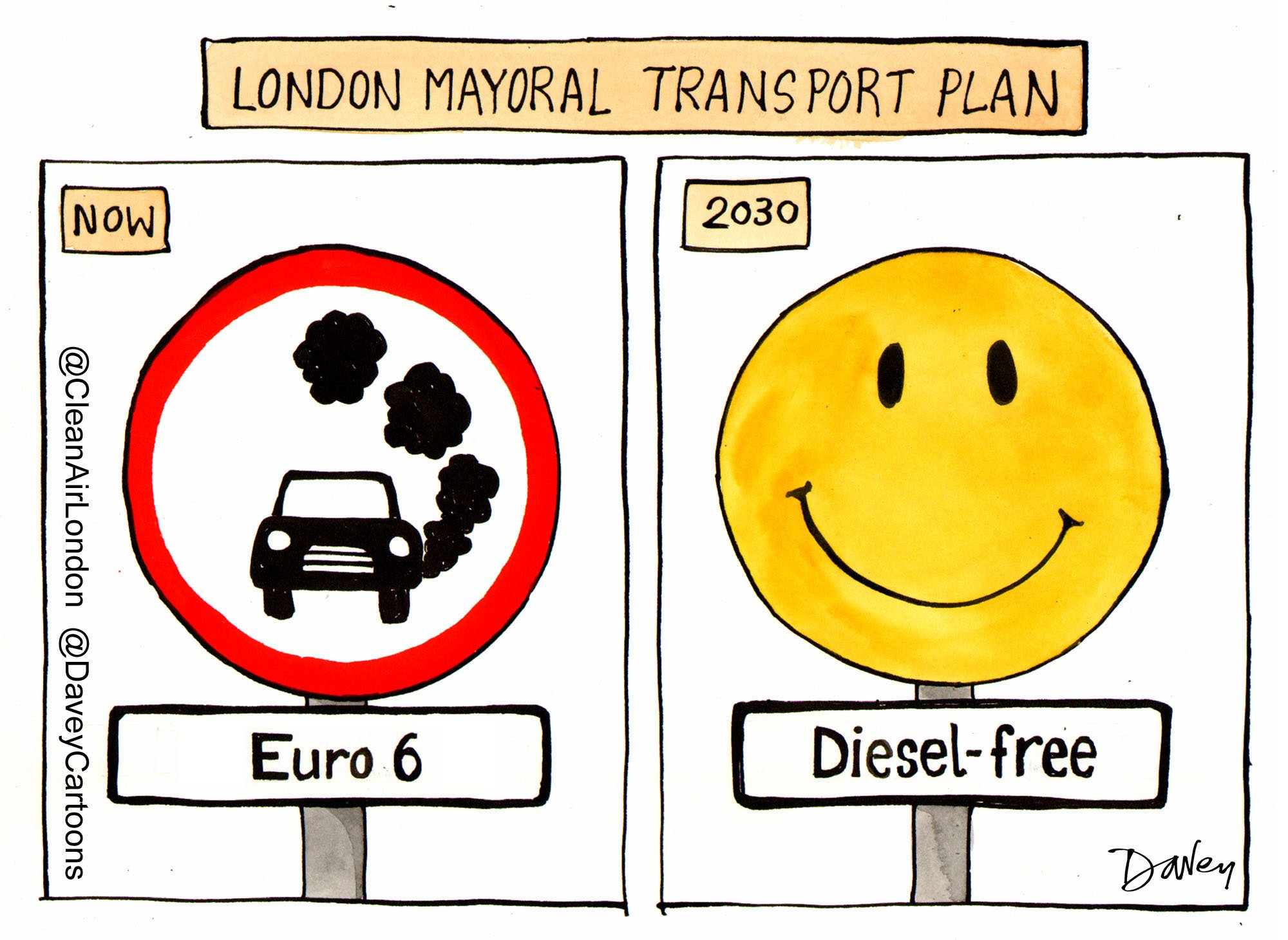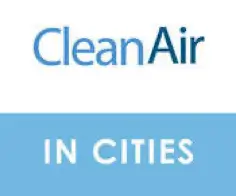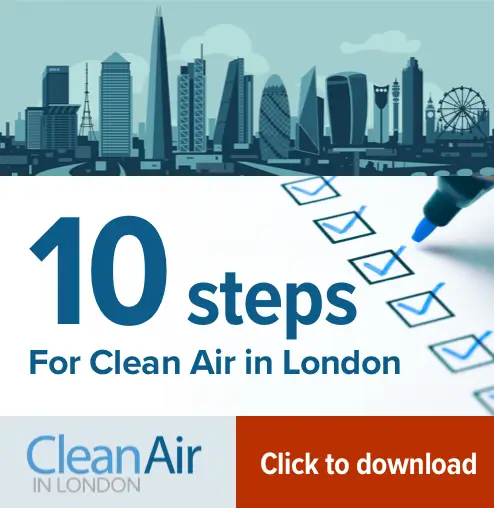Written evidence submitted by Clean Air in London to the Environmental Audit Committee’s inquiry into the Sustainable Development Goals in the UK
Executive summary
Clean Air in London’s (CAL’s) submission:
The 2030 Agenda for Sustainable Development (Agenda 2030) offers great opportunity to align global efforts to achieve a better future for people and the environment everywhere.
There are warning signs that this opportunity will be missed because many Member States, perhaps including the UK, are reluctant to implement, monitor and report on the 17 Sustainable Development Goals (SDGs). This may be because the SDGs will lead to much more national scrutiny than the Millennium Goals which were monitored and reported remotely by the United Nations (UN). The new President of the United Nations General Assembly hinted as much in his opening address on 13 September 2016.
Even if the SDGs are implemented successfully, the three targets mentioning air quality will do nothing to improve air quality in cities. Similarly, unambiguous targets – such as ‘By 2020, halve the number of global deaths and injuries from road traffic accidents’ (Target 3.6) – are being undermined already by statistical indicators that are opaque at best or omit key metrics e.g. non-fatal injuries in this example.
CAL urges the UK to lead the global agenda by implementing, monitoring and reporting meaningful indicators which will deliver on the spirit and letter of Agenda 2030. This must include the achievement of all current World Health Organisation (WHO) guidelines for air quality throughout UK cities by 2020 and all new WHO guidelines, currently being developed, by 2025 (with all other world cities to follow by 2030).
Mega cities like London and organisations such as C40 Cities must fill the void currently created by reluctant Members States and take a lead in implementing and achieving ambitious and meaningful targets within the SDG framework. The Knightsbridge Neighbourhood Forum is endeavouring to support this agenda at the hyper-local level in London. Annual reporting of progress at a city or local level is essential.
Background
CAL is pleased to be invited to submit written evidence to this inquiry.
Clean Air in London’s mission is to achieve full compliance with WHO guidelines for air quality throughout London and elsewhere. Its purposes are campaigning and education and it is a non-party organisation. Further details: https://cleanair.london/about/.
Disclosure: Simon Birkett, Founder and Director, of Clean Air in London (CAL) sits, in a personal capacity, on the High Level Intergovernmental and Stakeholder Advisory Group of the United Nations Environment Programme’s sixth Global Environmental Outlook due to report by 2019. Non-governmental organisations or individuals have not previously sat on this Group. Further details: http://www.unep.org/geo/. Birkett is also Chair of the Knightsbridge Neighbourhood Forum. Further details: http://www.knightsbridgeforum.org/.
On 1 January 2016, the 17 SDGs of Agenda 2030 – adopted by world leaders in September 2015 – officially came into force. Over the next 15 years, with the aim of achieving the SDGs, countries are meant to mobilise efforts to end all forms of poverty, fight inequalities and tackle climate change, while ensuring that no one is left behind.
The 17 SDGs are supported by around 10 targets each. Indicators are being developed to measure achievements towards the targets and SDGs.
Member States and the UN must embrace Agenda 2030 and speed implementation of the SDGs
The United Nations General Assembly (UNGA) opened its 71st session on 13 September 2016, with an emphasis on ensuring that implementation of the new global development goals, adopted by its 193 Member States last year, is underway. Media release:
http://www.un.org/apps/news/story.asp?NewsID=54912&Cr=General%20Assembly&Cr1=#.V9vevq3Merw
“The 70th Session launched the SDGs [Sustainable Development Goals], and for integrity’s sake the 71st must be the year we witness the wheels turning on the implementation of all 17 SDGs,” the President of the General Assembly, Peter Thomson, said as he took an oath of office before proceeding to open the new session.
The new Assembly President noted that it had been heartening to observe the sincerity with which governments and national planning agencies around the world have begun integrating the 2030 Agenda into national processes.
“But make no mistake, the great majority of humankind has yet to learn of the Agenda; it has yet to embrace the 17 Sustainable Development Goals, that if successfully implemented will bring an end to poverty and secure a sustainable place for humanity on this planet,” he said. [CAL emphasis.]
To fulfil his commitment to achieving meaningful progress in all 17 SDGs during the session, Mr. Thomson said he had appointed a team specifically dedicated to the implementation of the SDGs.
In CAL’s opinion Mr Thomson’s statement highlights the failure thus far to implement the 17 SDGs of Agenda 2030 which require implementation, monitoring and reporting ‘nationally’ (unlike the Millennium Development Goals which were measured and reported (remotely) by the UN). Many Member States, perhaps including the UK, seem reluctant to accept the scrutiny required by the SDGs. This must change.
Targets and indicators must be ambitious to deliver the spirit and opportunity of Agenda 2030
Air quality is mentioned three times in the SDGs. Further details: https://sustainabledevelopment.un.org/?menu=1300. Other goals and targets address climate change and sustainable cities which interact closely with air quality. Indicators are still being developed to measure and report achievements towards the targets and SDGs.
Goal 3: Target 3.9
By 2030, substantially reduce the number of deaths and illnesses from hazardous chemicals and air, water and soil pollution and contamination.
SDG indicator series: Mortality rate attributed to household and ambient air pollution
http://unstats.un.org/sdgs/indicators/database/?indicator=3.9.1
Goal 11: Target 11.6
By 2030, reduce the adverse per capita environmental impact of cities, including by paying special attention to air quality and municipal and other waste management.
SDG indicator series: Annual mean levels of fine particulate matter (e.g. PM2.5 and PM10) in cities (population weighted)
http://unstats.un.org/sdgs/indicators/database/?indicator=11.6.2
Goal 12: Target 12.4
By 2020, achieve the environmentally sound management of chemicals and all wastes throughout their life cycle, in accordance with agreed international frameworks, and significantly reduce their release to air, water and soil in order to minimize their adverse impacts on human health and the environment.
SDG indicator series: Number of parties to international multilateral environmental agreements on hazardous waste, and other chemicals that meet their commitments and obligations in transmitting information as required by each relevant agreement
http://unstats.un.org/sdgs/indicators/database/?indicator=12.4.1
In CAL’s opinion, the current air quality targets in the SDGs as stated above will do nothing to reduce air pollution in cities. They are vague, lumped with other themes and/or unspecific. This may have been deliberate given that the SDGs were ‘agreed’ shortly before the vital negotiations leading up to the Paris Agreement. It is also an opportunity to improve them.
Goal 13 is similarly vague and lacks any objective emissions target:
Take urgent action to combat climate change and its impacts.
The air quality and climate change targets are in stark contrast to Goal 3, Target 3.6 which is:
By 2020, halve the number of global deaths and injuries from road traffic accidents.
However, it seems that the only indicator developed for implementation, monitoring and reporting of Target 3.6 so far excludes injuries other than deaths. Again, this is symptomatic of a quiet lowering of ambition and/or a failure to implement the spirit and letter of Agenda 2030.
SDG indicator series 3.6.1: Death rate due to road traffic injuries
http://unstats.un.org/sdgs/indicators/database/?indicator=3.6.1
12 months after the SDGs were agreed, the list of SDG indicator series is still subject to considerable ‘refinement’ by the United Nations Statistical Commission. [CAL emphasis.]
The latest draft of the global indicator framework was developed by the Inter-Agency and Expert Group on SDG Indicators (IAEG-SDGs) and agreed to, as a practical starting point at the 47th session of the UN Statistical Commission held in March 2016. The report of the Commission, which included the global indicator framework, was then ‘taken note of’ by ECOSOC at its 70th session in June 2016. [CAL emphasis.]
http://unstats.un.org/sdgs/indicators/Official%20List%20of%20Proposed%20SDG%20Indicators.pdf
Recommendations
CAL recommends that the UK implement and supplement the SDGs with indicators for each Goal and Target that are ambitious, meaningful and transparent to deliver the spirit, letter and opportunity of Agenda 2030.
Indicators to measure and implement the SDGs relating to air quality, climate change, energy and cities should be implemented holistically to avoid deadly mistakes like ‘diesel’ which arose from the decision to reduce carbon dioxide irrespective of the known consequences for public health of doing so.
CAL recommends that the UK give life to the framework for the SDGs by setting Science Based Targets for all air emissions and concentrations i.e. greenhouse gases and local air pollution. The process for setting targets for greenhouse gases and energy can be seen here: http://sciencebasedtargets.org/. Current SDG indicators for air quality are opaque at best. Similar opportunities must exist across the SDG framework.
The WHO’s Air Quality Guidelines are the science based targets for air quality. They must be achieved throughout UK cities by 2020 and the new WHO guidelines, currently being developed, by 2025 (with all other world cities to follow by 2030).
Mega cities like London and organisations such as C40 Cities must fill the void currently created by reluctant Member States and take a lead in implementing and achieving ambitious and meaningful targets within the SDG framework. The Knightsbridge Neighbourhood Forum is endeavouring to support this agenda at the hyper-local level in London.
Annual reporting of progress at a city or local level is essential.
UNEP IEA_2017_02_17_LivingDocument
Towards_a_pollution_free_planet_advance version
SBT by Celine Herweijer and Will Evison of PwC_Guardian advertiser content 2018

